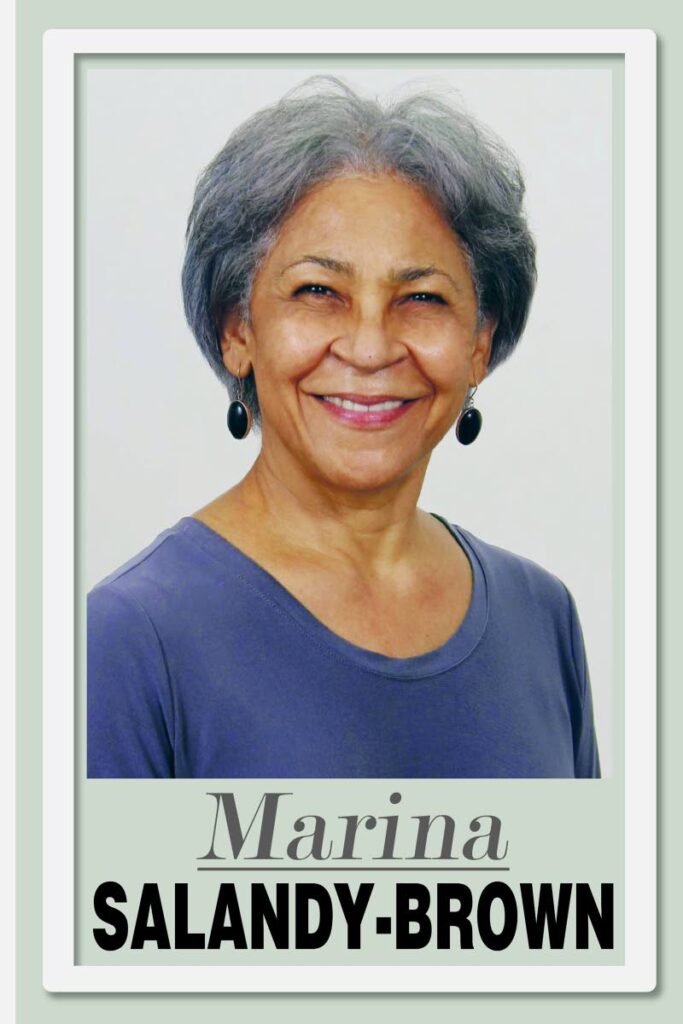Why we feel unsafe

In an international group chat, members have been debating whether the world has grown less safe. The issue arose from the barrage of social media videos and postings about the threat of AI and the frightening changes in the world we now inhabit. Apparently, 42 per cent of CEOs believe AI could destroy humanity within a decade.
The “safer” argument is soundly based on data that proves the point over a period of the last 100 years in terms of physical safety. The Peace Research Institute of Oslo produced a Human Security Report which examined worldwide battle deaths from 1940 to about 2010. Colonial wars ended in the 1950-60s and constituted a fraction of the tens of millions of deaths caused by interstate and civil wars, which soared in the 1940s. From the late 80s to 2010 there were no interstate wars except for the Yugoslav wars which ended in 1992, making it one of the longest periods of international peace. Overall, the graph shows a steep fall off in war deaths after the 40s, with a low rise in the 60s and a steady decline thereafter in all forms of death by armed conflict globally. Interestingly, civil wars have never stopped and foreign intervention in those wars has grown since the 1950s.
In addition, Macrotrends reports a steady global decline from 2000 to 2022 in all types of homicides and interpersonal or predatory violence, with a small rise from 2020. Our country would probably buck that 20-year trend, with more killings than there are days of the year, increasing armed home invasions and domestic violence, which is also trending upwards internationally. Nevertheless, people are safer globally at the macro level and we are all better off now than ever. By any measure, poverty levels have tumbled in the last century and that is a key element of human security at national and personal levels.
National economies have been growing in spite of recessions and banking upsets, and new technologies have propelled us all forward in a giant leap. However, new challenges have arisen, threatening our sense of personal peace and safety, new communications technology being one of them. Most of us do not understand it and cybercrime seems able to defeat our current skills in countering that threat. The 2020-22 pandemic was a huge setback to poverty eradication, it intensified the problems faced by many national health systems and to individual well being, caused major family crises, and personal and financial dislocations. The uncertainty of the vaccine’s safety lives on and is a cause of low-level fear for those on the look-out for future pandemics. The handling of the pandemic also deepened the citizens’ mistrust of pharmaceutical companies and politicians.
World peace, too, has been ruptured by war in Europe between Russia and Ukraine. We could not disregard the nuclear threat voiced by Russia early on or the possible spread of hostilities to other states. The war threw the whole idea of national security into disarray, requiring new global political alliances and economic and trade adjustments. We are still in the throes of these sudden seismic shifts that must contribute to feelings of unsteadiness. The mass migration from Ukraine has added to the well of human suffering. The number of deaths of people trying to escape the violence of the many active civil wars and political and economic strife to secure a better life grows monthly. The fallout is not felt only by those involved, the effect ricochets around the globe, maximising the effect of the violence, politically, economically and socially.
Everywhere democracy is in retreat and despots tighten their grip. From Trump to Johnson, Putin to Assad, Netanyahu to Kim Jong Un, new value systems seem to hold sway. Currently, 30 or more countries are experiencing either civil war, terrorist insurgency or ethnic violence in Asia, Africa, Latin America, the Middle East and Europe. In our part of the world, drug wars in Colombia and Mexico and organised crime associated with drug trafficking wreak havoc in neighbouring countries such as ours. We in TT feel more unsafe than ever because of the breakdown in crime prevention and the justice system at a time when the political, economic and social chaos of our neighbours is having a direct impact upon our society. The poverty of political discourse provides little encouragement for the average citizen, and the lack of an overarching vision for a new future economically and socially adds to the unsettled air.
Despite official data the perception of dangerous times is multi-generational. Post-war baby boomers compare the explosion of education, personal wealth and opportunity, improved health, plus the sense that anything was possible to Generation Z (aged 10-23) who perceive the world as chaotic and needing to be saved from environmental destruction. The scientists say we are sleepwalking into a disaster and two-thirds of us are worried. It is a paradox that while we have much more materially, hope has shrunk and mental illness is growing globally. We require a new philosophy and actions that transcend conventional frameworks if we are to really make the world feel safer.

Comments
"Why we feel unsafe"